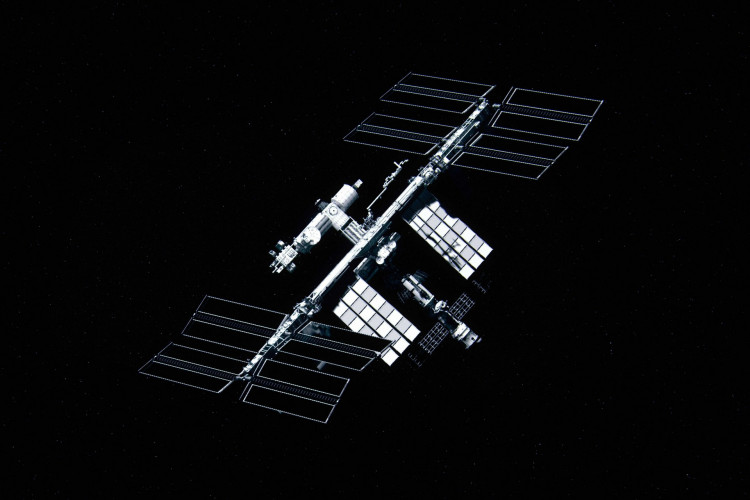NASA is thinking about deploying "hyper-specialized" scientists to collaborate with professional astronauts on the International Space Station.
The concept is by no means new; in the early 1980s, NASA used to fly specialists who were part of payloads for certain space shuttle missions, most notably three-time spaceflyer Charlie Walker on behalf of his firm, McDonnell Douglas. However, the Challenger launch tragedy in 1986, which claimed the lives of seven crew members and altered NASA safety procedures, changed the need for payload specialists.
The procedures are currently being reviewed by NASA. According to a SpaceNews report citing a presentation made on July 13 to a National Academies committee strategizing future biological and physical sciences research in space, the agency intends to seek funding for a new program that would send scientists to the International Space Station alongside astronauts in the fiscal year 2023, which begins in October.
"We seek to bring scientists back into space," during the committee meeting, Craig Kundrot, director of NASA's biological and physical sciences division, remarked.
The team got together to plan a decadal survey that would identify local priorities for future study. NASA is simultaneously seeking to commercialize space station research, which includes taking precautions to gently integrate more amateur astronauts into the facility.
Since 1986, the space environment has undergone a significant transformation, and NASA has already begun to welcome amateur astronauts to the International Space Station. In 2022, three people with no prior spaceflight experience flew safely on Axiom Space's first mission, Ax-1, which was piloted by former NASA astronaut Michael López-Alegra.
Along with sponsoring early-stage private space stations in 2021 and accepting upcoming commercial ISS modules from Axiom, NASA is also making efforts to open up commercialization of the space station more broadly. Additionally, in 2020, a commercial airlock was built to the space station to prolong U.S. Commercial National Laboratory research is overseen by the nonprofit Nanoracks.
NASA will move forward with two requests for information (RFIs) to businesses in the event that financing for the project is authorized in the agency's budget. In the first, the corporations will be asked what kind of research they would like to conduct in low Earth orbit, and in the second, it will be discussed how scientists, in particular, could help.
Kundrot stated that the agency intends to request less than $10 million in the fiscal year 2023 and increase that to $25 million by 2028, assuming the funds and anticipated timetable hold. In 2026, missions would begin. However, to date, there has been no mention of the Commercially Enabled Rapid Space Science (CERISS) effort in NASA budget papers.






